Ranked: Every David Lynch movie rated from worst to best
He's the king of weird, but what's his weirdest wonder?
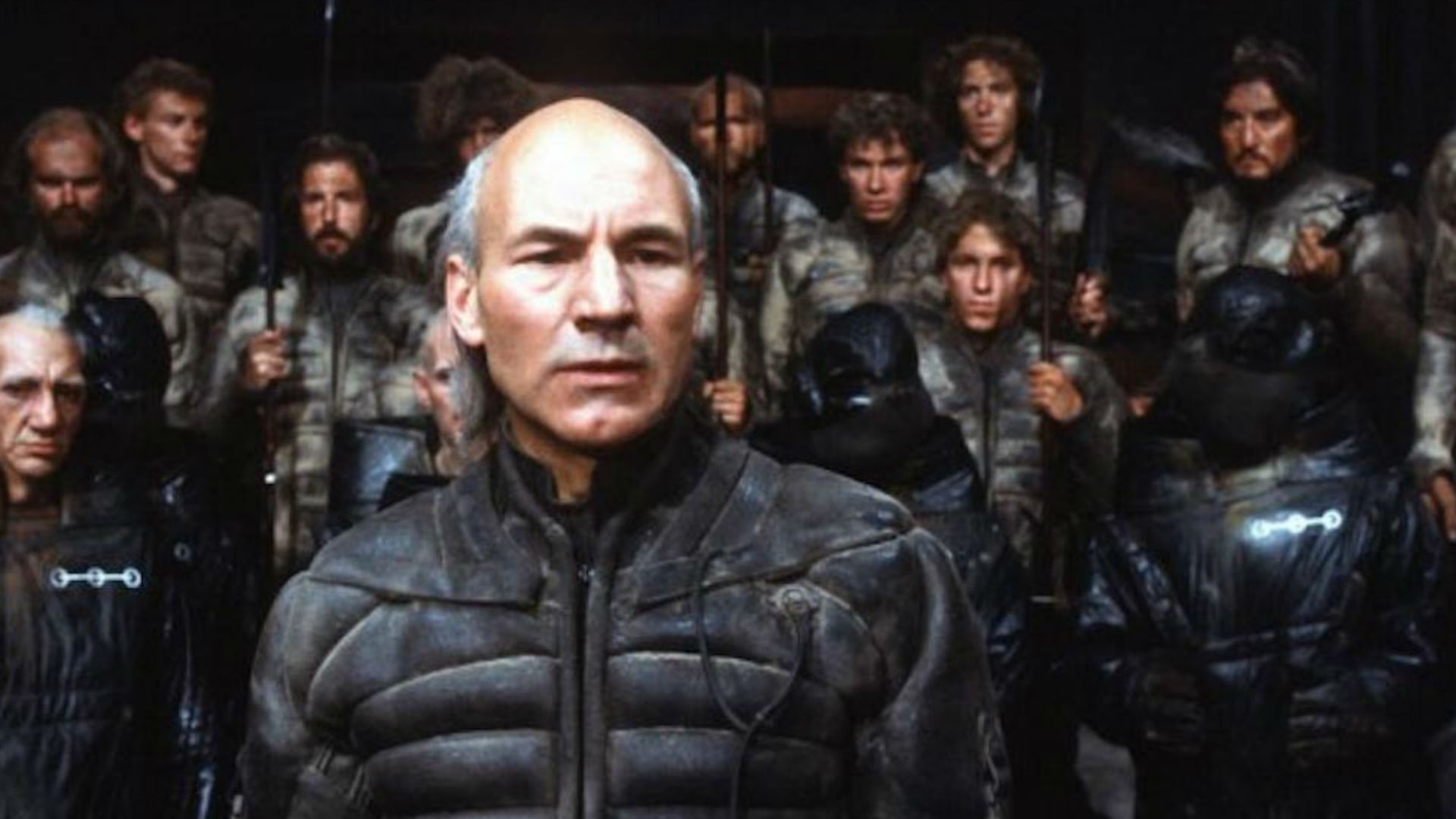
There's no director on Planet Earth with a style or take that is instantly recognisable as David Lynch.
Lynch has spent his career bending minds and taking audiences on journeys to the deepest and darkest places. He's probably best known for Twin Peaks, his iconic, eerie and eccentric whodunnit, but he's also had a career on the big screen, making 10 movies in all.
These range from the original take on Dune to genre-defying dramas like Mulholland Drive and Inland Empire. But what is his finest work? Well, we've tried to answer that question and have ranked every David Lynch, from worst to best...
10. Dune
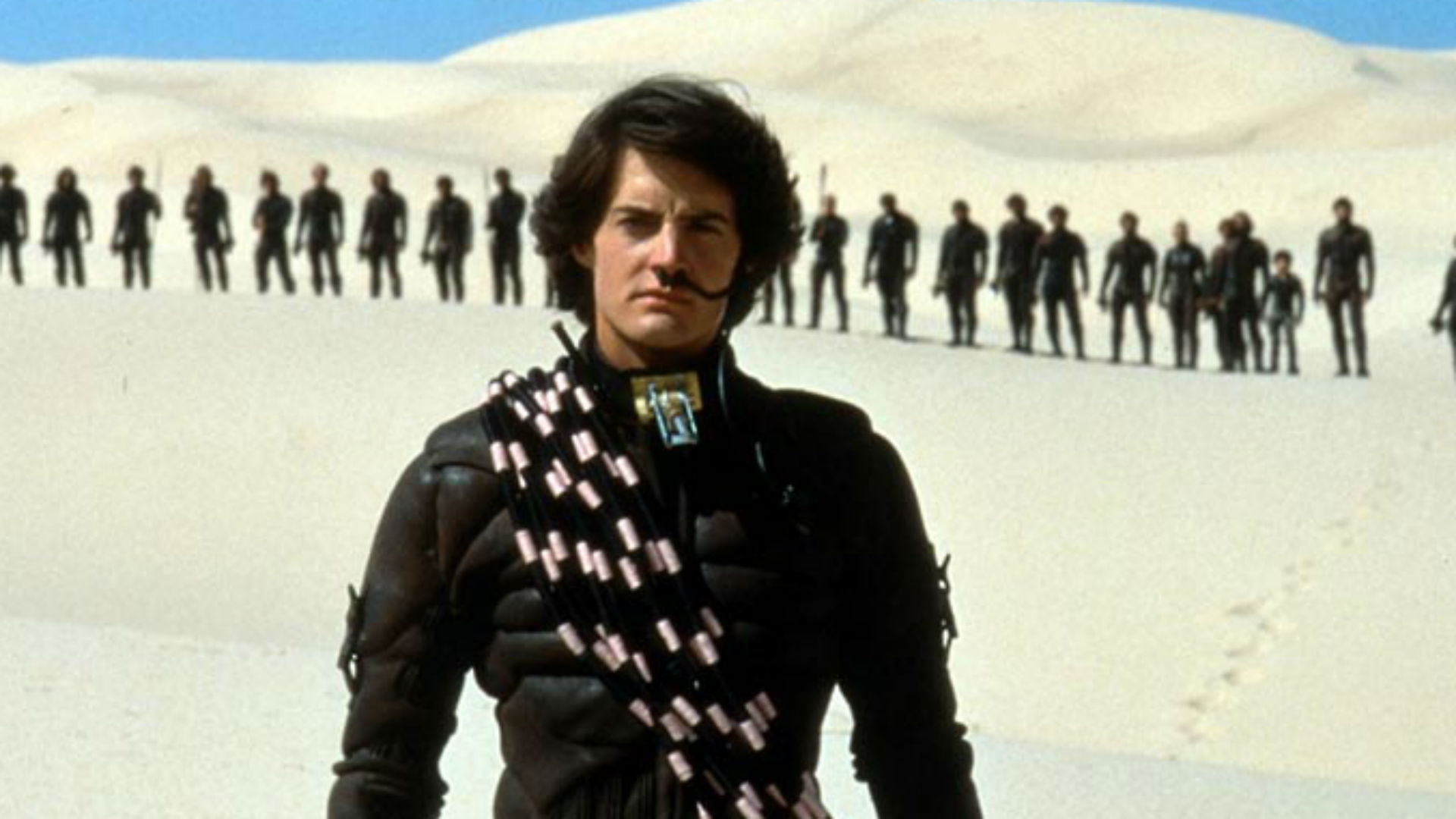
Part of the joy of Denis Villeneuve's lavish and superb 2021 adaptation of Frank Herbert's groundbreaking fantasy epic, Dune, was righting the wrongs that Lynch got so wrong with this 1984 take on the story.
Lynch was by no means the first director to try and tackle the book after it became a bestseller, with both Alejandro Jodorowsky and Ridley Scott attached at one point. Lynch, who'd wowed with The Elephant Man, was chosen, and then everything went wrong.
To take on Herbert's book and bring to life the saga of Paul Atreides and his quest for revenge in the sandswept deserts of Arrakis, Lynch turned to Kyle MacLachlan, with whom he'd later reunite with for Twin Peaks. MacLachlan led a cast that also included Patrick Stewart, Francesca Annis, Leonardo Cimino and Sting
Producer Dino De Laurentiis organised the shoot to take place in Mexico's Churubusco Studios, booked the studio's eight sound stages for more than six months. Sadly, the electricity frequently broke and working conditions were so haphazard there were frequently trips to hospital for the cast and crew.
Get daily insight, inspiration and deals in your inbox
Sign up for breaking news, reviews, opinion, top tech deals, and more.
Particularly grim was a scene that was due to take be filmed on the bed of an ancient volcano. Upon arriving, Lynch and his crew discovered that it was in use, as a dump for the carcasses of dead dogs.
The shoot overran, and Lynch, in his wish to cram all 412 pages of the novel into the movie, initially delivered a four-hour-cut, which, after major surgery by De Laurentiis, his daughter Raffaella and Lynch himself, a 137-minute cut was delivered.
The movie was given a pasting by critics, bombed at the box office and Lynch was so enraged by the final film that he publicly disowned it, telling the world that pressure from both producers and financiers restrained his artistic control and denied him final cut privilege.
It doesn't work as a movie, it does no justice to the story, with Villeneuve improving the story on screen in every way. It also has none of Lynch's signature moves and weirdness, so what was the point in hiring him?
9. Twin Peaks: Fire Walk With Me
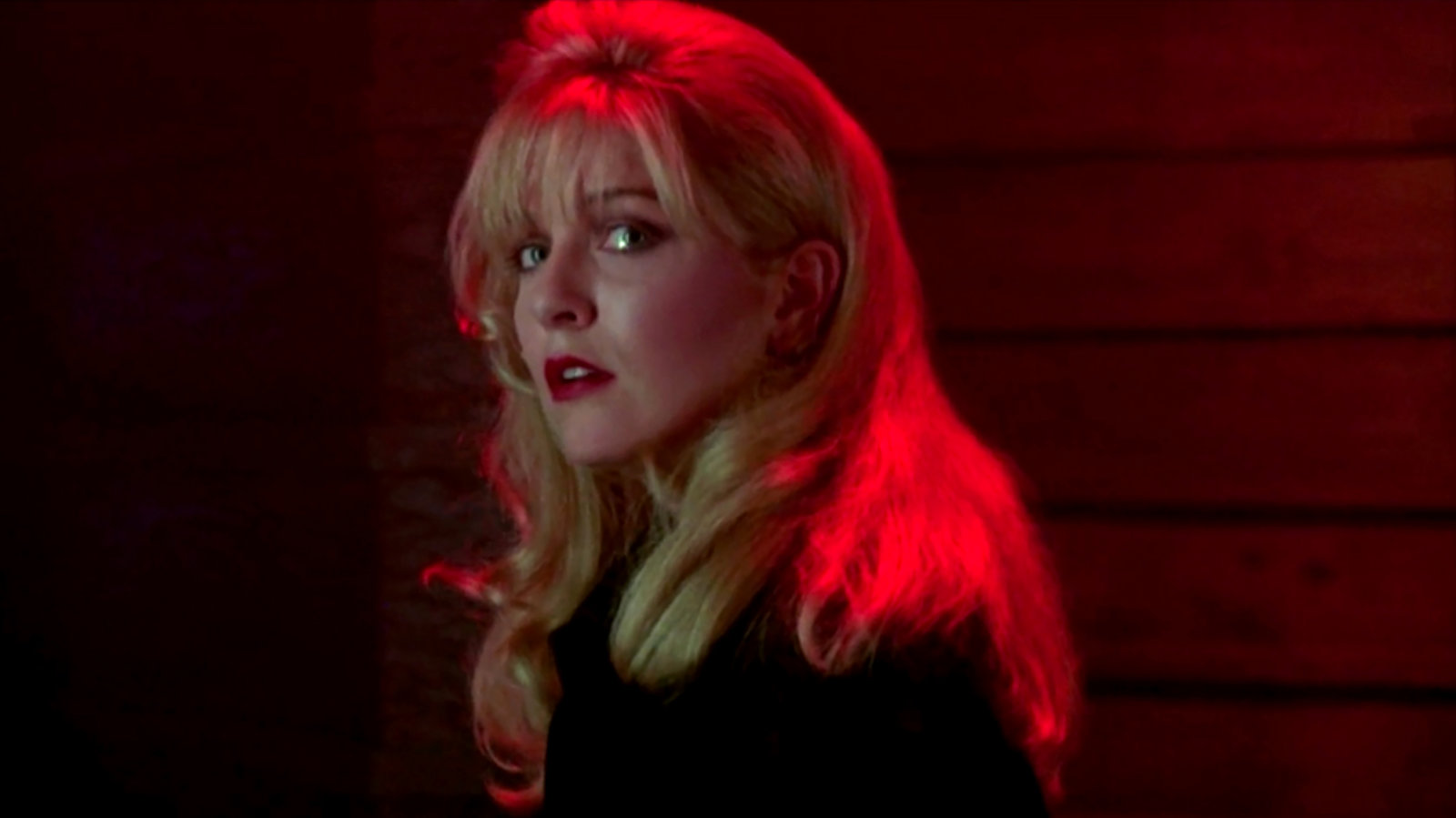
After the demise of Twin Peaks, which was canceled by ABC in 1991, Lynch and producer Aaron Spelling decided to conclude the show as a film trilogy and signed a $75 million three-film deal with the French company Ciby 2000 to do so.
In the end, this movie, which chronicles the last seven days in the life of Laura Palmer, the Prom Queen whose death opens Twin Peaks, was a box office failure and the two planned follow-ups were canceled.
Though Fire Walk With Me has most of key players returning from Twin Peaks, the show's spooky, madcap stylings weren't suited to a movie and this winds up feeling like a baggy episode of the show. Watch the show instead.
8. Inland Empire
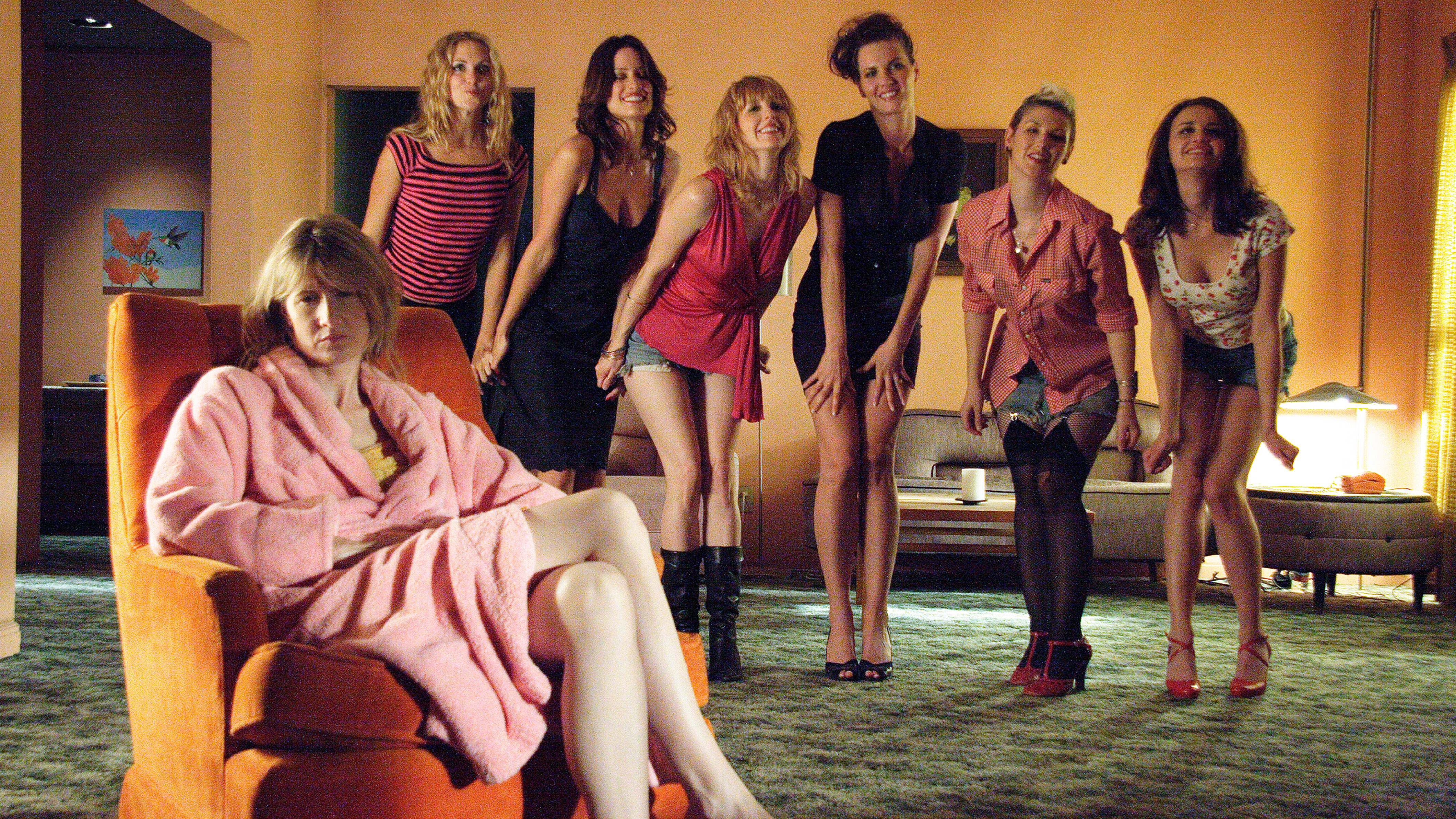
Inland Empire looks like it's going to be Lynch's final movie and it is a suitably quirky finale.
Starring Lynch regulars Laura Dern, Harry Dean Stanton, and Grace Zabriskie as well as Jeremy Irons and Justin Theroux, the movie is a sprawling three-hour epic.
Part of the movie follows Dern's Nikki Grace, an actress with fading star power, who lands herself a role in a Southern melodrama called On High in Blue Tomorrows. while another follows a cursed love story in early 20th century Poland. As the movie plays out, Grace eventually morphs into Susan Blue, her character in the movie, with bloody consequences.
With captivating, Inland Empire is Lynch pushing his experimental tendencies to extremes. The movie was shot without a finished screenplay and was built on a scene-by-scene basis.
As well as that, the whole thing was made by Lynch himself using a handheld Sony camcorder. It is disturbing, quite difficult to watch at times, but somehow enthralling. Nobody but Lynch could pull off a movie like this.
7. Eraserhead
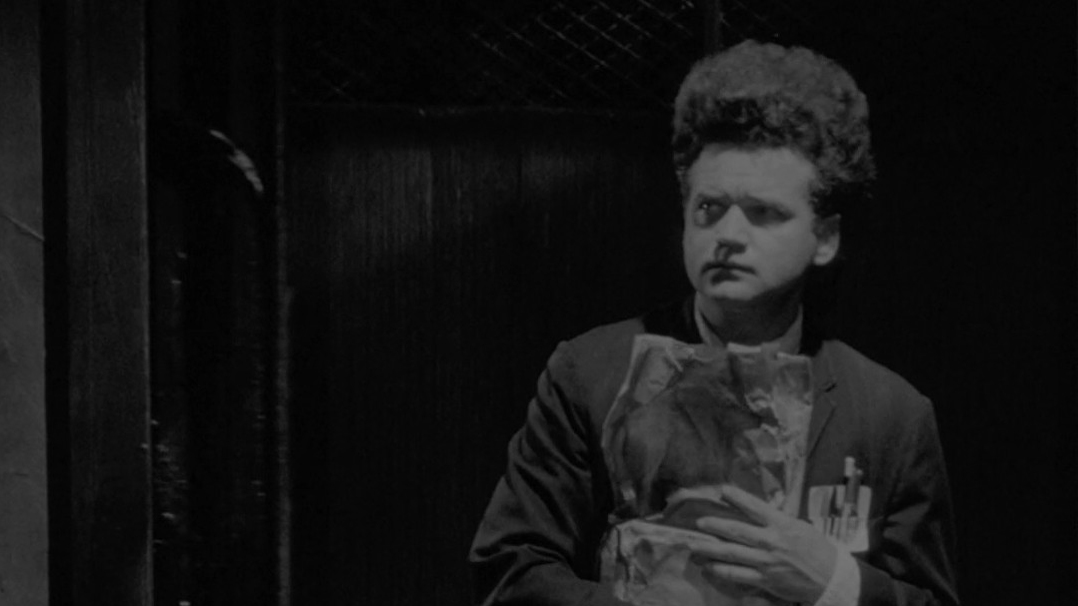
Lynch's directorial debut is a genuinely disturbing and unique piece of cinema.
Released in 1977, the movie is a nightmarish, low-budget horror and follows Jack Nance's Henry. After discovering that a brief relationship with a woman named Mary has resulted in pregnancy, Henry marries Mary and has her move in with him.
Things then get very odd when the couple's baby turns out to be a strange lizard-like creature that will not stop crying, so much so that Mary abandons both Henry and the child. Trying to soothe the baby, Henry fails and is driven into madness, with strange visions beginning to take over his life.
Chilling and at times difficult to watch, you can see why this immediately marked Lynch out as a director like no other.
6. The Elephant Man
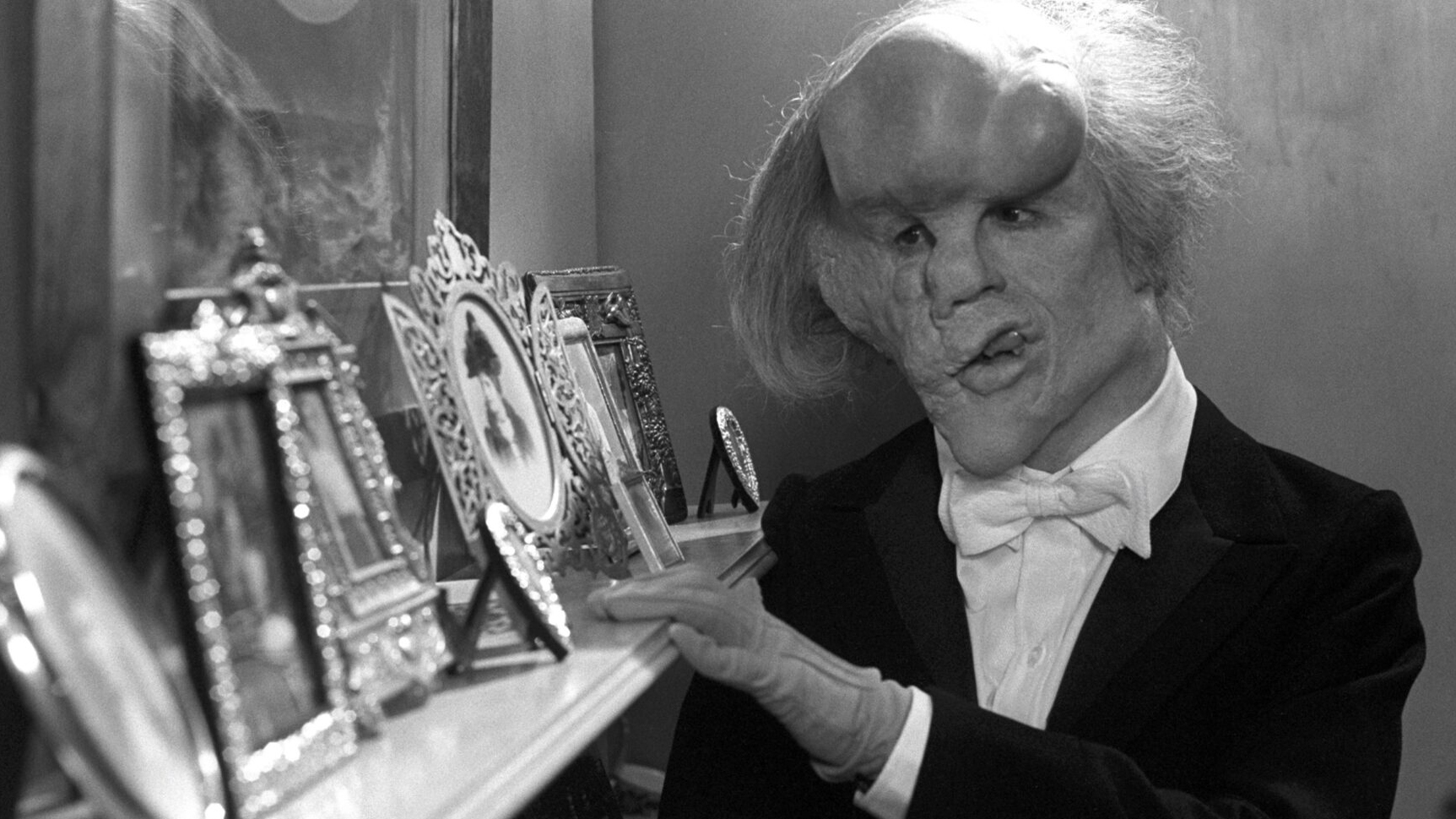
Lynch's mainstream breakout through came in 1980 with this tender biopic about the life of Joseph Merrick, a severely deformed man in late 19th-century London.
Starring John Hurt as Merrick and Anthony Hopkins as Frederick Treves, the surgeon who would befriend Merrick and try to save him from a life as part of a Victorian freak show in the East End.
Adapted from Treves' memoir about his time with Merrick, the movie is a tender, touching and beautifully shot biopic, made entirely in black and white. Earning Lynch and his team eight Oscar nominations, but no wins, there was so much criticism for failing to honour the film's make-up effects that a new category just for make-up was created in the following year.
Much more mainstream that the movies Lynch would become known for this, this remains an elegant drama and a real tearjerker.
5. Lost Highway
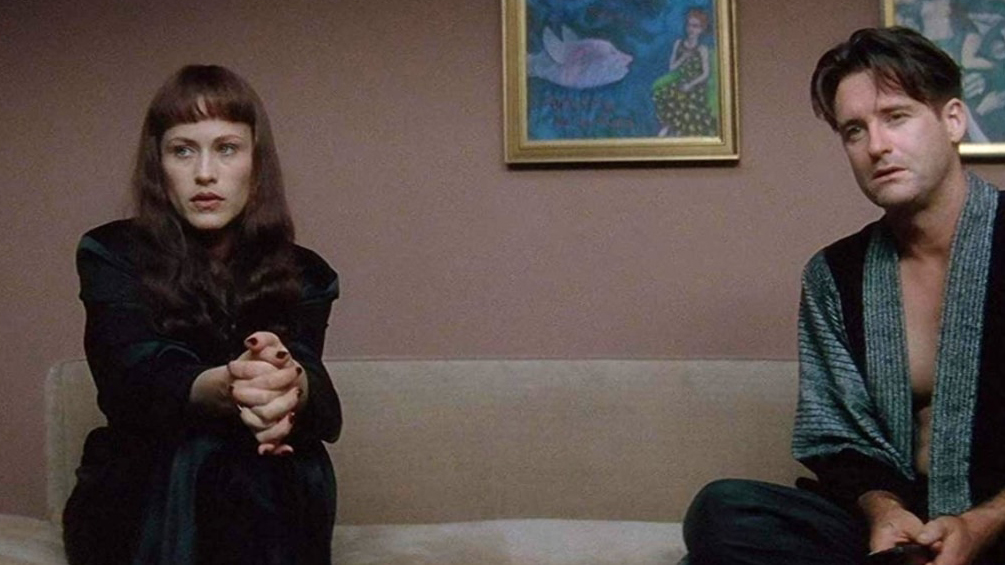
This is as close as David Lynch will ever get to making an action movie, albeit one about a jazz saxophonist and a mysterious array of doppelgangers.
Lost Highway weaves two interconnecting stories, one follows Bill Pullman's Fred, the aforementioned saxophone player, who is paranoid that his wife Renee is having an affair and is haunted by dreams that feature him attacking her.
His paranoia isn't helped by mysterious tapes that keep being sent to his house, showing footage of him and Renee at home. When Renee is killed, Fred is then accused of her murder and relying on a defence that seems very far-fetched.
The other story involves Balthazar Getty's Pete Dayton, a young mechanic who finds himself in a world of troubled when he begins a relationship with Alice, a young woman who is already the girlfriend of a vicious gangster.
The connection? Both Alice and Renee are played by Patricia Arquette, and there's a mysterious link between Fred and Pete that the movie then plays out.
Trippy, at times profoundly disjointed, but full of vision and imagination, all set to a fantastic soundtrack overseen by Nine Inch Nails, this is vintage Lynch.
4. The Straight Story
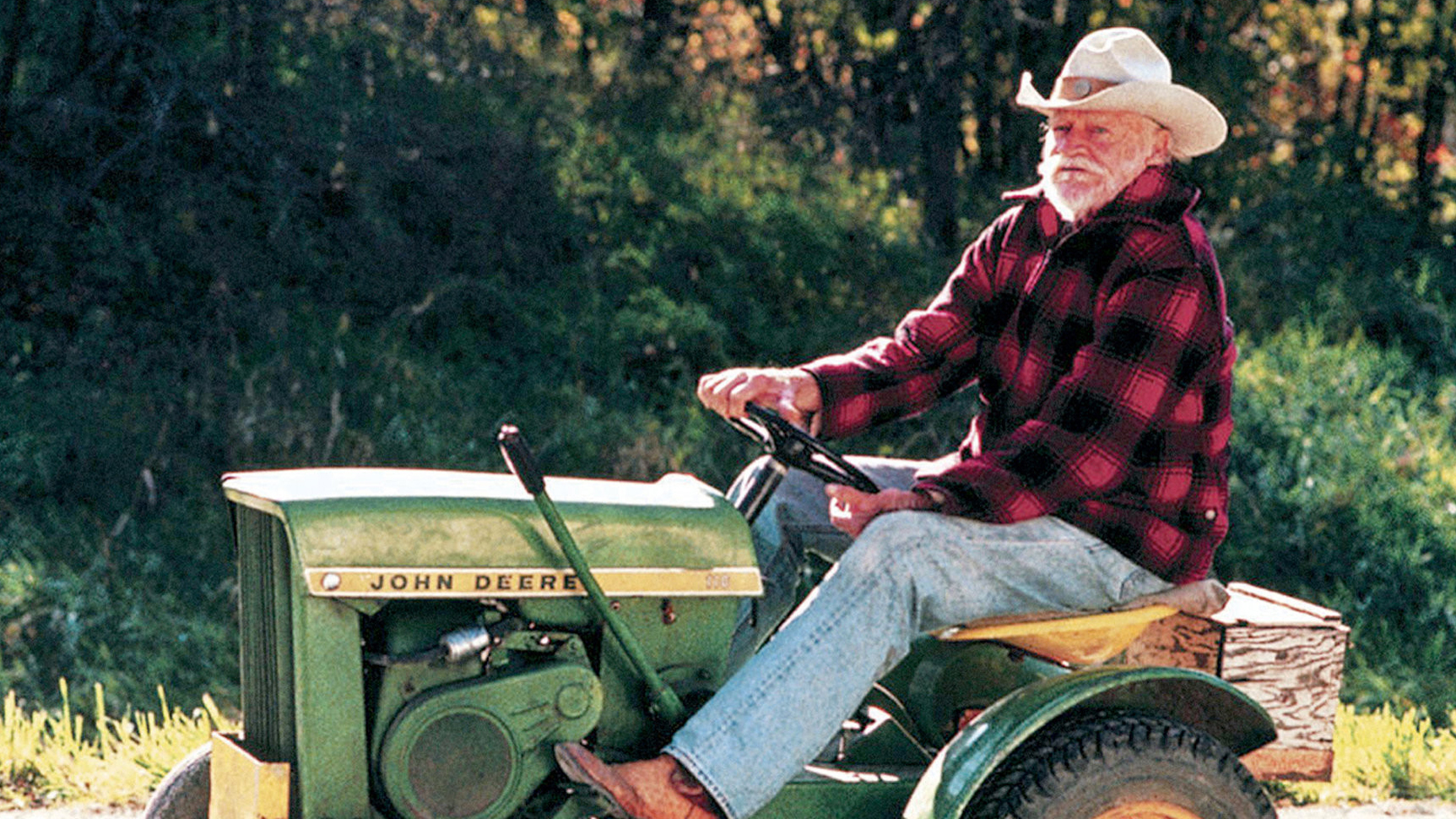
Given the rest of Lynch's work, The Straight Story is an odd, weirdly straight-laced and very affecting left turn.
The movie is a retelling of a true story, that of farmer Alvin Straight, who in 1994, journeyed across Iowa and Wisconsin, travelling almost 250 miles on a lawn mower.
Straight is played by Richard Farnsworth, who bagged a Best Actor nomination at the Oscars for his performance. An elderly man, Straight has just been denied a driver's license owing to trouble with eyes and legs. But, after hearing that his estranged brother Lyle has suffered a strike, he makes up his mind to visit him and to make amends before he dies.
With no other way to get to Lyle's home in Mount Zion, Wisconsin, he hitches a trailer to a 30-year-old John Deere 110 Lawn Tractor, a vehicle with a maximum speed of about 5 miles per hour, and sets off.
Heartwarming, hugely emotional and tender in its storytelling, The Straight Story proves Lynch could have enjoyed a very successful career making mainstream Hollywood fare, he just didn't want to...
3. Mulholland Drive
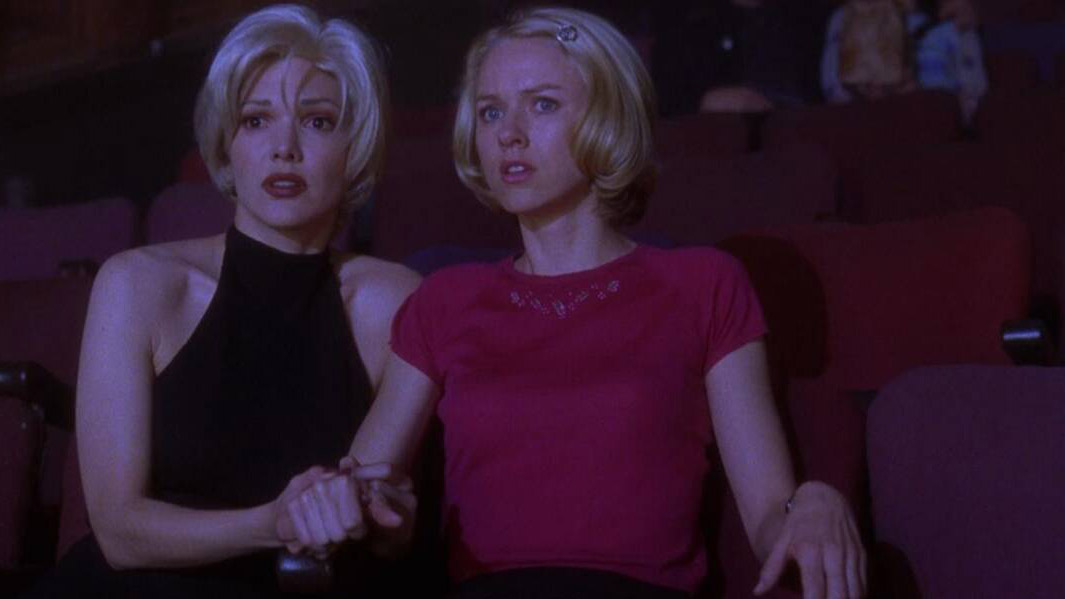
A sinister masterpiece, for some (though not us), Mulholland Drive is Lynch's defining movie. Critics certainly loved it, with Lynch winning Best Director at the 2001 Cannes Film Festival and an Oscar nomination in the same category.
The movie begins with Naomi Watts' Betty Elms, an aspiring actress, who arrives in Hollywood with dreams of fame and fortune, and has borrowed an apartment belonging to her Aunt while she finds her way in Tinseltown. Unbeknownst to her, the apartment is already occupied by a young woman with total amnesia.
Calling herself 'Rita', the woman asks to Elms to help her and the pair find that Rita is carrying a large amount of money and an unusual blue key. As the pair try to investigate what happened, things go into classic Lynch territory with nightmarish visuals, otherworldly visitors and a film within a film that will have dark and deadly consequences.
A brilliant, terrifying and attention-demanding piece of cinema, it remains just as weird and vibrant as ever.
2. Blue Velvet
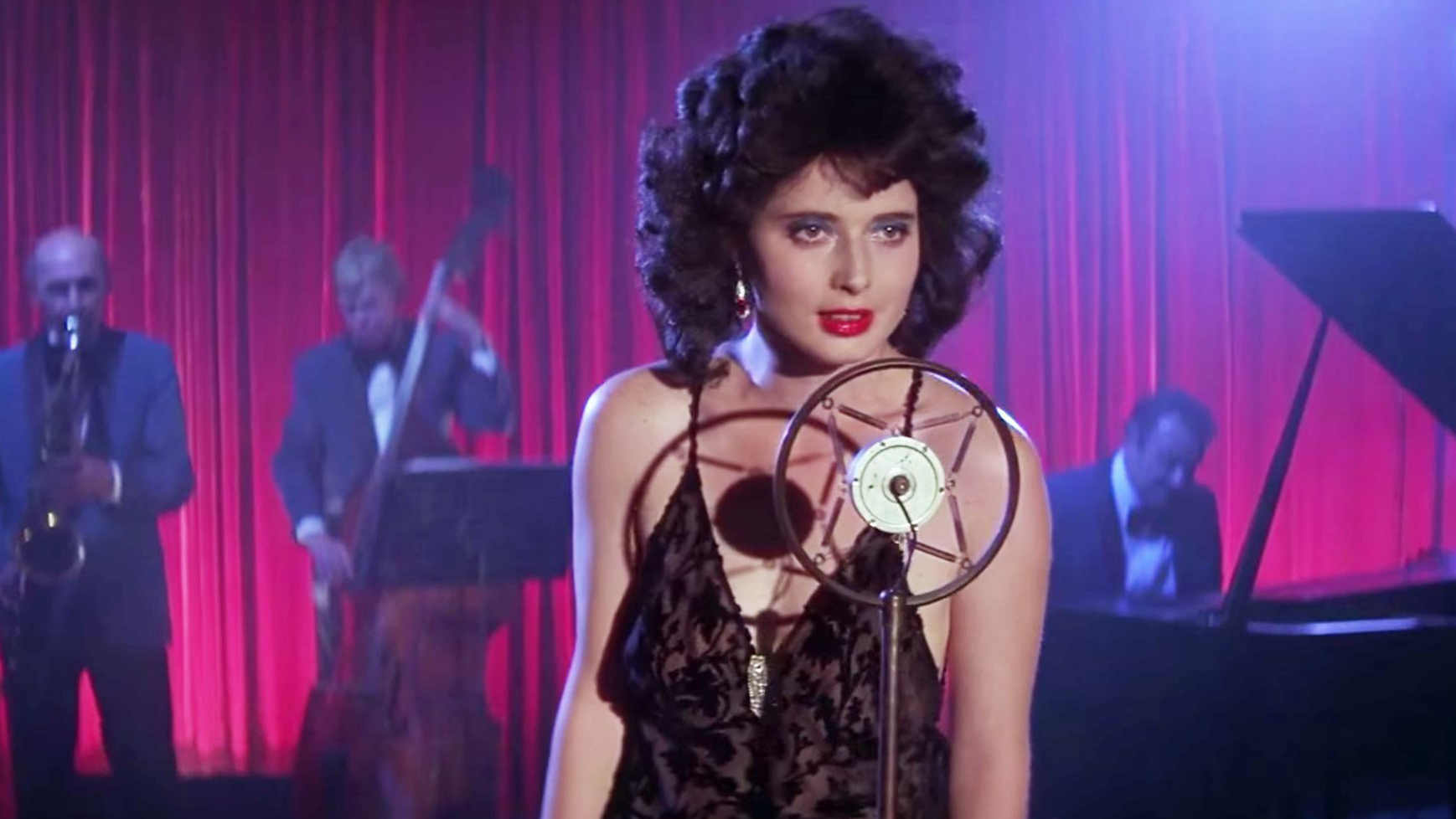
In other lists like this, Blue Velvet will be Number One, it is, in so many ways, Lynch's defining movie, but for us, it's just pipped at the post.
A jagged twist on film noir, Blue Velvet stars Lynch regulars MacLachlan and Dern as well as Isabella Rossellini and Dennis Hopper.
A sprawling mystery, made before Lynch took on Twin Peaks, the story begins with MacLachlan's Jeffrey, a college student who has come back to his home in North Carolina after his father suffers a stroke.
Not long back, he makes a gruesome discovery, finding a severed ear in an abandoned field. He takes the ear to police detective John Williams and becomes reacquainted with Williams' daughter, Dern's Sandy. The pair then decide to team up to solve the mystery.
That mystery, in typical Lynch style, turns out to be deeply dangerous and very odd. Somehow, it involves Rossellini's lounge singer Dorothy Vallens, who is in all kinds of trouble and has Hopper's Frank, a murderous psychopath, on her trail.
More direct in its approach than many of Lynch's later works, this is a coherent, alluring, but still deeply odd bit of cinema. And it is essential viewing.
1. Wild At Heart
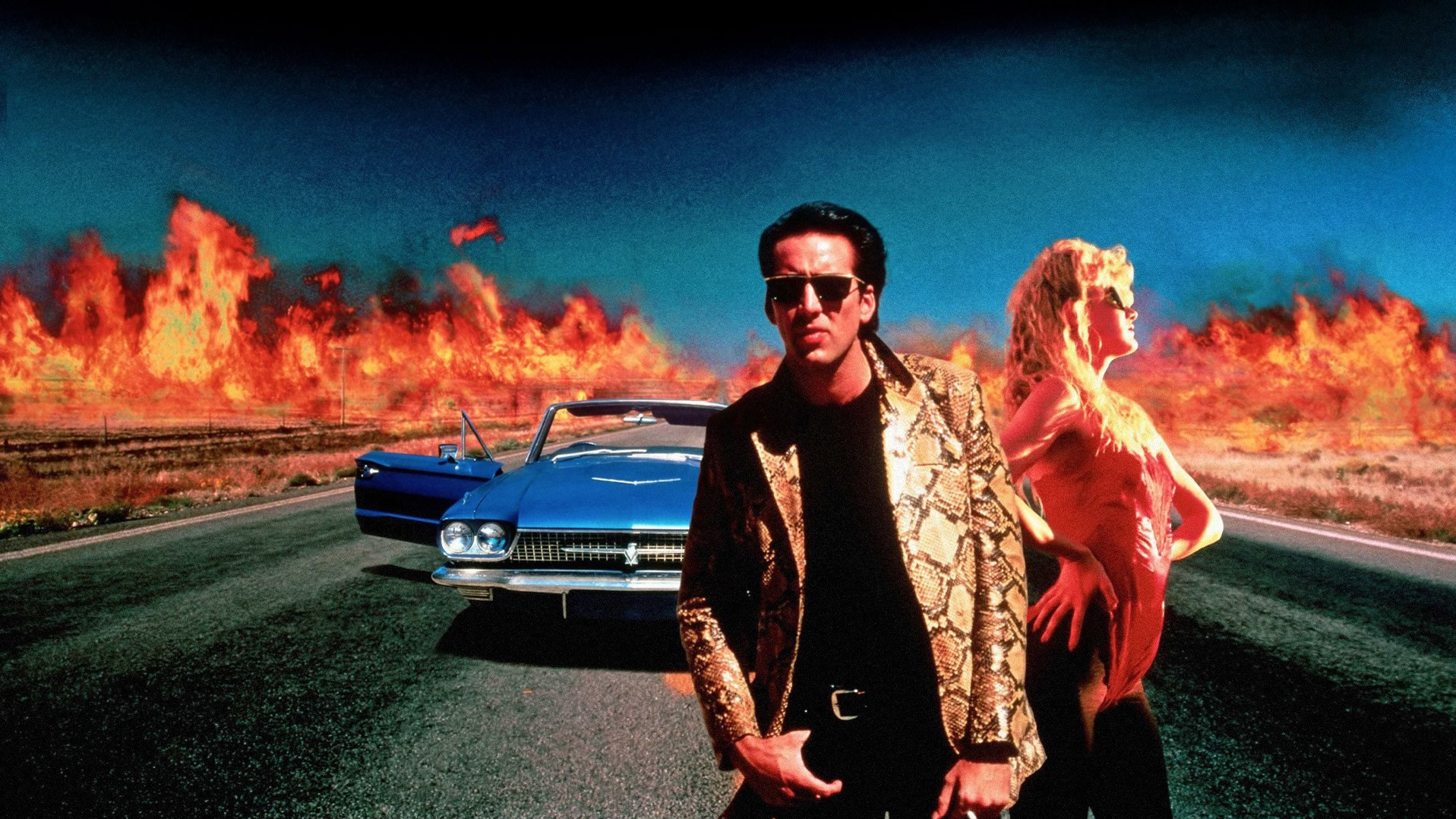
An electric, riotous and utterly compelling movie, Lynch's adaptation of the 1989 novel of the same name by Barry Gifford.
Starring Dern and Nicolas Cage, the movie follows lovers Lula and Sailor, who are madly in love, but have the world set against them staying together.
The world, in this case, means Diane Ladd's Marietta, the domineering mother of Dern's Lula, and Dern's mother in real life. Marietta first hires a man to assault Sailor with a knife, and, after Sailor kills him, he winds up in prison. Upon his release and reuniting with Lula, the pair decide to run away together, leading to Marietta hiring another wave of vicious thugs to stop him, including Willem Dafoe's psychotic Bobby Peru. Does she succeed? You'll have to watch to find out, but the whole thing quickly turns into a blood-spattered mess.
Intense, violent and stylish, this is a road movie through the eyes of David Lynch, i.e., like no road movie you've seen before or will see again. The performances are great, the soundtrack is fantastic and the movie demands repeated viewings, and it is fit to top any list.
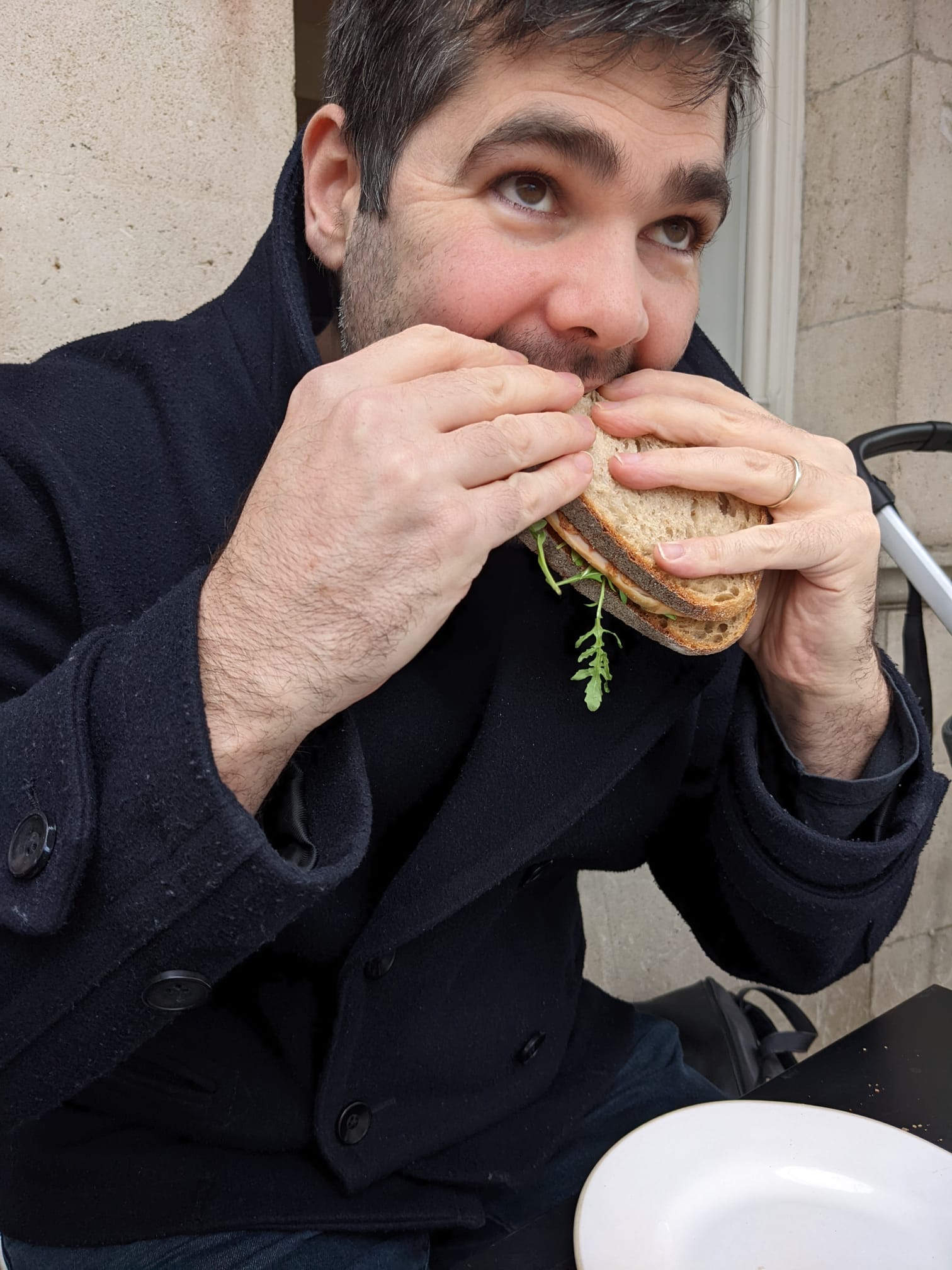
Tom Goodwyn was formerly TechRadar's Senior Entertainment Editor. He's now a freelancer writing about TV shows, documentaries and movies across streaming services, theaters and beyond. Based in East London, he loves nothing more than spending all day in a movie theater, well, he did before he had two small children…